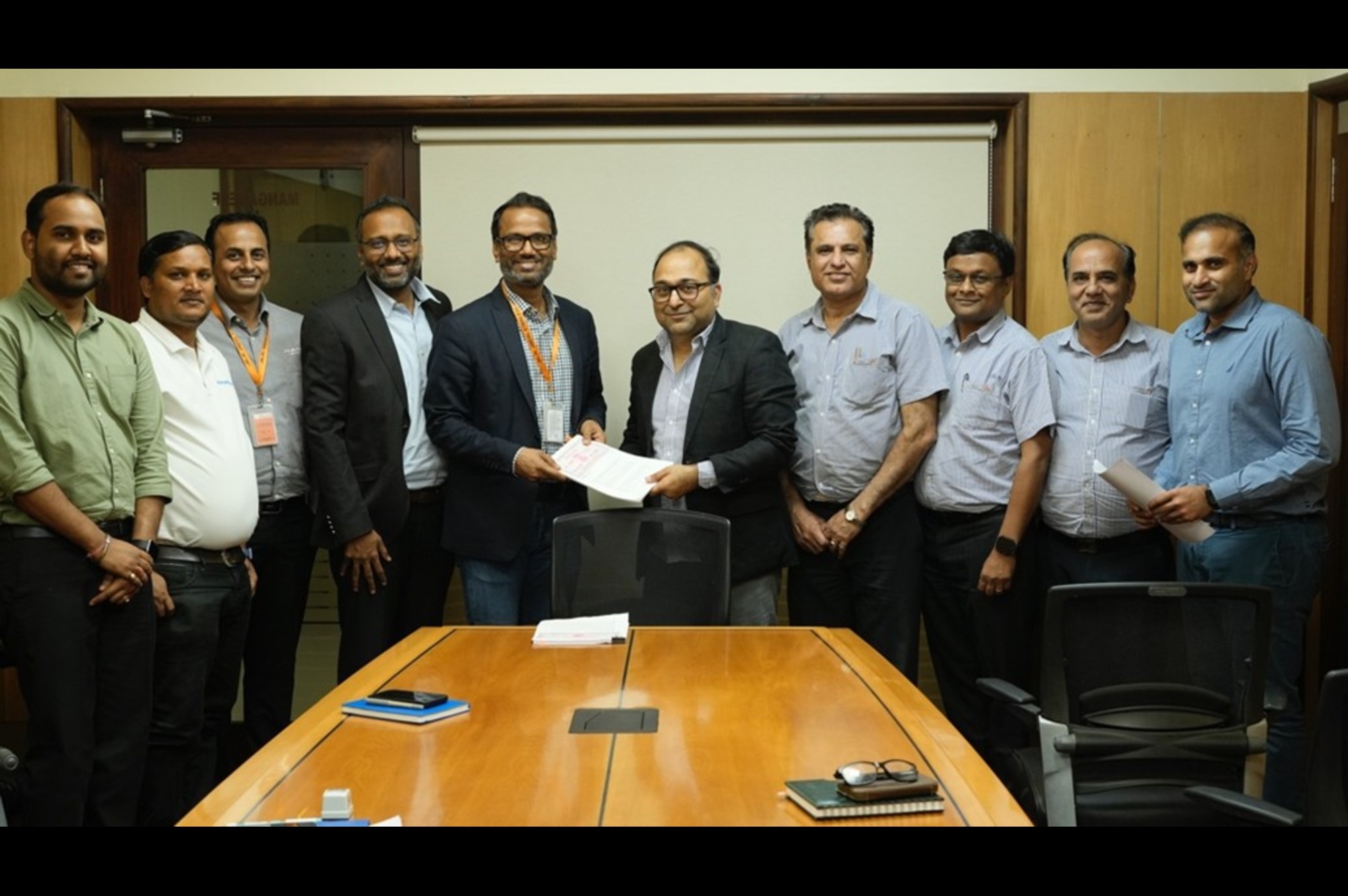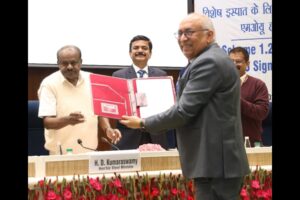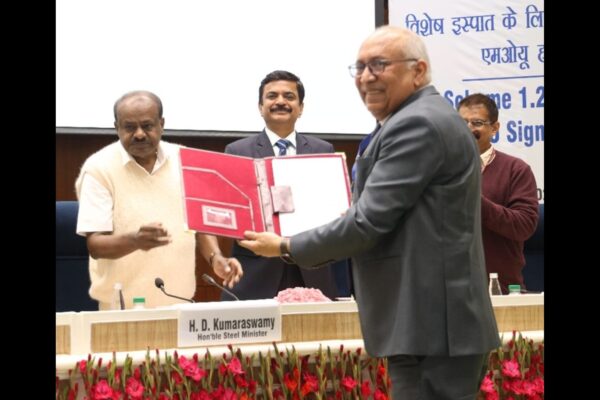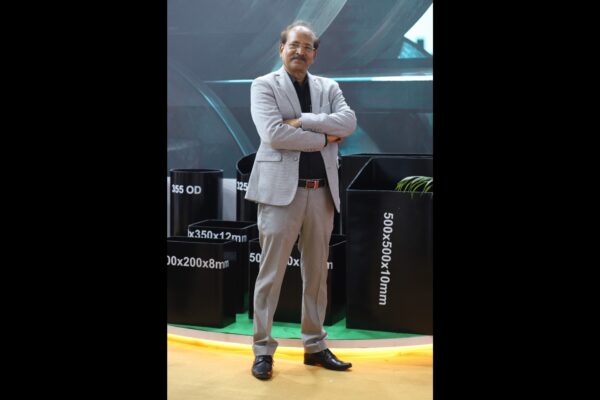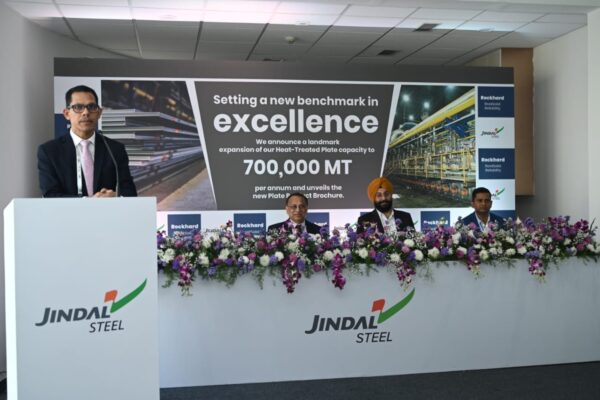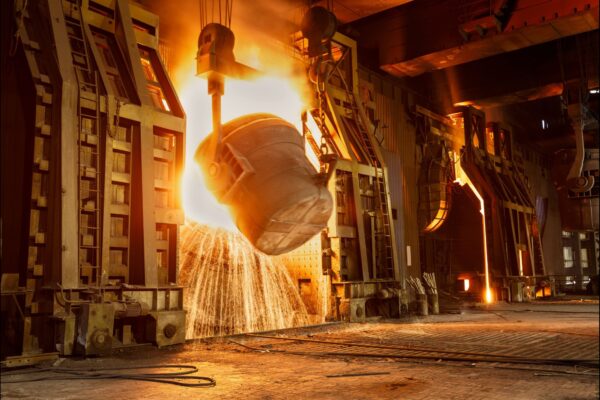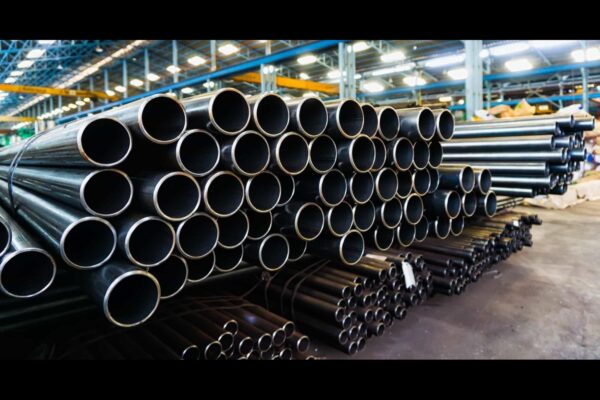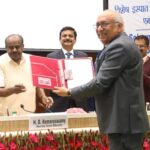Jindal Stainless to double its slag processing capacity
Jindal Stainless is doubling its slag processing capacity with a new wet milling plant at its Jajpur, Odisha, unit. This initiative will support the company’s expanded capacity operations and long-term circularity goals by recovering metal from industrial waste and conserving natural resources. It will also create approximately 140 new jobs in the region.
For this initiative, the company has partnered with Harsco Environmental, a global leader in providing innovative environmental solutions for the metal industry. Jindal Stainless is committing to a spend of USD 150 million to build and operate the plant under a 15-year partnership with Harsco Environmental, further strengthening the long-standing collaboration between the two companies in advancing circular operations. Over the agreement period, this plant will pay back the equivalent value through metal recovery from slag.
Commenting on this development, Managing Director, Jindal Stainless, Abhyuday Jindal said, “As we expand capacity to meet the rising stainless steel demand in India and globally, our focus remains strongly on doing so responsibly and in an environmentally conscious way. We are strengthening our partnership with Harsco Environmental, an organisation that shares our commitment to circularity in stainless steel production. The upcoming wet milling plant, with its benchmark metal recovery and waste management, will enable gainful utilisation of slag and create new opportunities for the communities where we operate.”
Commenting on this development, Harsco Environmental, Managing Director for India & MEA, Manjunath Raghavelu, said: “I am thrilled to announce the signing of this 15-year contract between Harsco Environmental and Jindal Stainless for the establishment of a second wet milling plant at their Jajpur facility. This partnership deepens our decade-long collaboration and marks Jajpur as the first site in India with two wet milling plants. Together, we will enhance our focus on the circular economy and slag utilization, reinforcing our commitment to sustainability.”
This initiative forms an integral part of Jindal Stainless’ long-term Environmental, Social and Governance (ESG) goals and its commitment to achieve Net Zero by 2050. In FY25, the company reduced its carbon footprint by ~14% through various decarbonisation initiatives. Some of its pioneering efforts include establishing India’s first green hydrogen plant for powering stainless steel production and installing the largest captive solar energy plant within a single industrial campus in Odisha, along with several other notable sustainability milestones.
Tags

